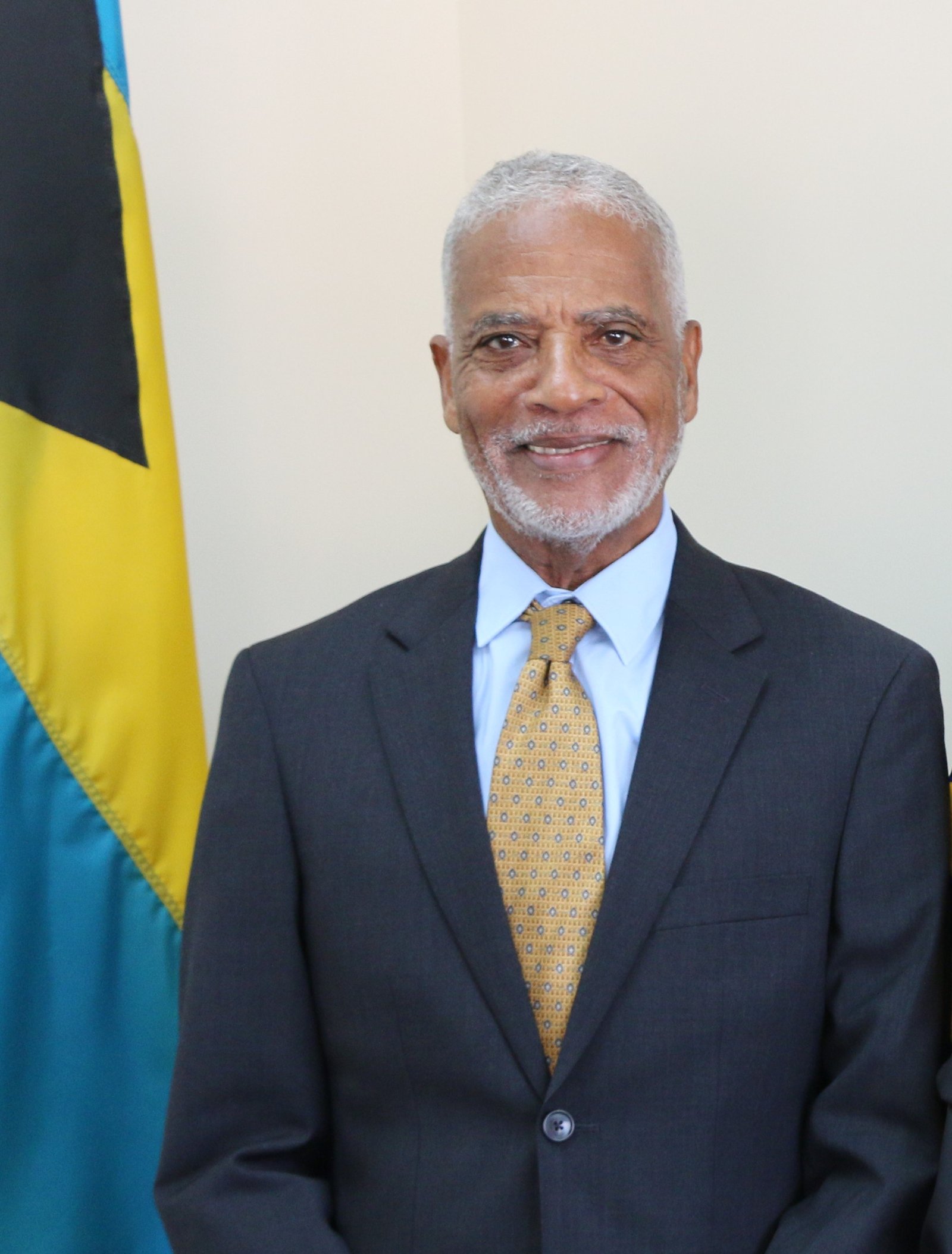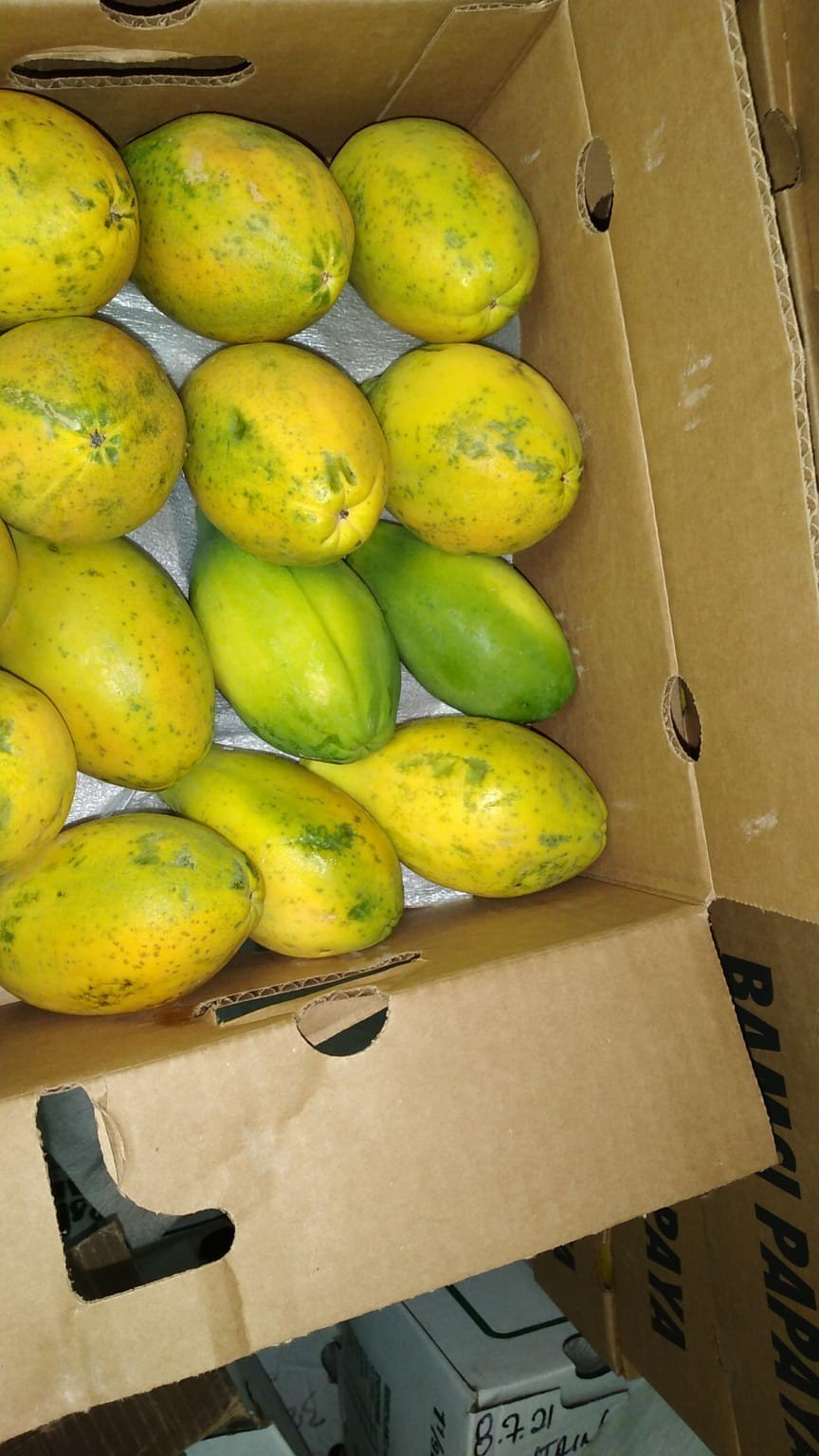100 cases of Bahamian-grown produce donated by BAMSI in past week

NASSAU, BAHAMAS — While the epidemic that is COVID-19 has forced the global community to at times narrow its focus on only the most essential ingredients necessary for survival, the Bahamas Agriculture and Marine Science Institute (BAMSI) yesterday reaffirmed its commitment to its outreach mandate, called BAMSI Gives Back, of meeting the local community where they are most vulnerable and supporting their food and health-related challenges as much as possible.
Having launched the BAMSI Gives Back initiative in 2018, the institute continues in its role as a community leader, this past week donating approximately 100 cases of Bahamian-grown produce, including butternut squash, sweet potatoes and papayas, to Sandilands Rehabilitation Centre, Princess Margaret Hospital (PMH) and Great Commission Ministries.

Stephen Turnquest, chairman of BAMSI, said each of these agencies have had their resources stretched to capacity as the coronavirus pandemic continues to hit the nation hard and the marginalized the hardest.
As essential services, however, they each must continue to fulfill their directives by providing the public with critical services and care, and this is where BAMSI can step in, Turnquest said.
“We already know that produce grown in the Bahamas is far healthier than items grown elsewhere, just from the transportation standpoint that a vegetable harvested yesterday in Andros could reasonably be served on your plate by the end of the week, if not within a day or two,” he said.
“So, it is our hope that these provisions will be used to support the mental, emotional and physical health of our neighbors and the staff at these agencies, who work tirelessly to support those most in need.”

Turnquest also used the opportunity to thank the staff at BAMSI’s Distribution Centre, who work tirelessly to ensure that produce remains at its optimum before it ends up in the hands of the public.
Going forward and as much as possible, BAMSI intends to make a weekly donation to a charitable agency or frontline entity in a move to provide full support during this time.
A multi-pronged project, BAMSI Gives Back helps BAMSI maintain a level of accountability and transparency as it stems the tide of wastage by redirecting wholesome, healthy and locally-grown fruits and vegetables to Bahamians who need it the most. As part of its mandate, BAMSI routinely donates quality surplus to agencies and charitable organizations that are on the frontlines in the fight against hunger.
The outreach effort is also a way for the institute to help employees connect the dots between the work they do and building a stronger, food-secure community. Ultimately, the hope is that the experience will help build a more productive and engaged workforce as they recognize that their job within the institute plays a critical role in feeding people and creating access to a wide variety of healthy produce.






